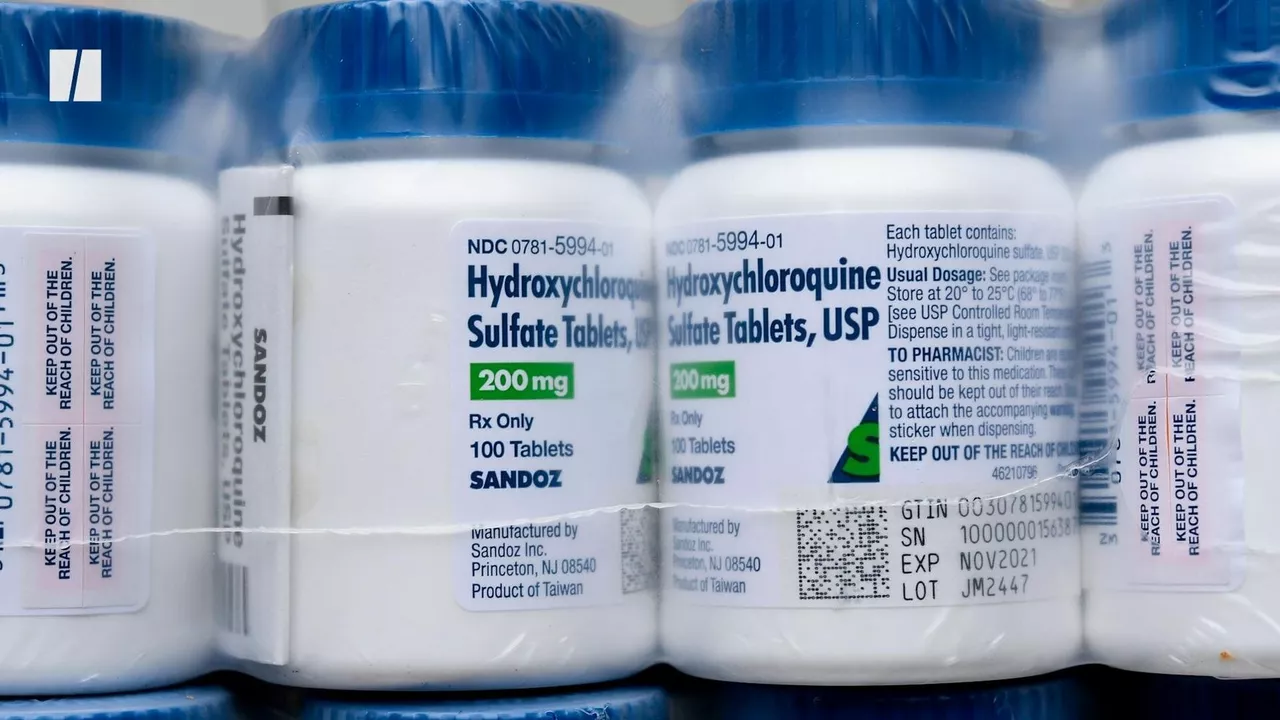Liver: How to spot problems and protect it every day
Your liver does a lot — it cleans toxins, stores energy, and helps control blood sugar. Because it works nonstop, small habits make a big difference. If you want solid, usable steps to keep your liver healthy, read on.
Watch for real warning signs
Not every liver issue shows obvious symptoms early. Still, some things need quick attention: yellow skin or eyes (jaundice), dark urine, very pale stools, increasing belly pain or swelling, unexplained tiredness, or sudden itchiness. If you notice these, call your doctor. These signs can point to hepatitis, bile problems, or advanced liver stress.
Also pay attention to routine lab results. Basic liver blood tests include ALT, AST, GGT, ALP, and bilirubin. ALT and AST often rise with liver cell damage. GGT and ALP can signal bile duct problems. If tests are mildly abnormal, your doctor will review medicines, alcohol use, and metabolic causes before ordering imaging or specialist care.
Everyday ways to protect your liver
1) Mind what you eat and your weight. Nonalcoholic fatty liver disease (NAFLD) is common, especially with diabetes and obesity. Losing 5–10% of body weight reduces liver fat and inflammation. Focus on whole foods, cut added sugar (especially sugary drinks), and lower refined carbs.
2) Limit alcohol. Short of abstaining, reduce frequency and amount. Even moderate drinking can worsen fatty liver or interact with medicines.
3) Be careful with commonly used drugs. Acetaminophen (paracetamol) is safe at recommended doses but causes liver failure at high doses — don’t exceed the label and avoid mixing multiple products that both contain it. Always tell your doctor all the medicines and supplements you take.
4) Think twice about supplements. Some herbal products (like high-dose green tea extract, kava, or unregulated mixes) can harm the liver. Herbal liver tonics such as Liv 52 are popular and often used during infection seasons, but evidence varies and interactions exist — check with your provider before using them long-term.
5) Vaccines and prevention. If you’re not immune, hepatitis A and B vaccines protect you. Practice safe hygiene and safe sex to reduce viral hepatitis risk.
6) Keep chronic conditions under control. Controlling diabetes, high triglycerides, and high blood pressure lowers liver stress. Regular exercise helps insulin sensitivity and cuts liver fat.
When to push for more tests or a referral? If liver enzymes stay high despite lifestyle changes, if imaging shows scarring (fibrosis), or if symptoms get worse, ask your doctor about further testing or a hepatology consult.
Small, consistent choices beat dramatic fixes. Eat better, watch meds and supplements, get vaccinated, and check liver tests if you have risk factors. Treating the liver well now helps avoid bigger problems later.

Hydroxychloroquine and the Liver: Understanding Potential Risks
Haig Sandavol Jul 12 7In my deep-dive into the topic, I've discovered that hydroxychloroquine, a drug often used to treat conditions like lupus and rheumatoid arthritis, could potentially pose risks to liver health. While it is generally considered safe, some patients might experience liver damage as a side effect. This risk is particularly heightened for those with pre-existing liver conditions. Therefore, it's crucial for these individuals to discuss potential risks with their healthcare provider before starting the treatment. Regular liver function tests can also help in identifying any issues early.
More Detail